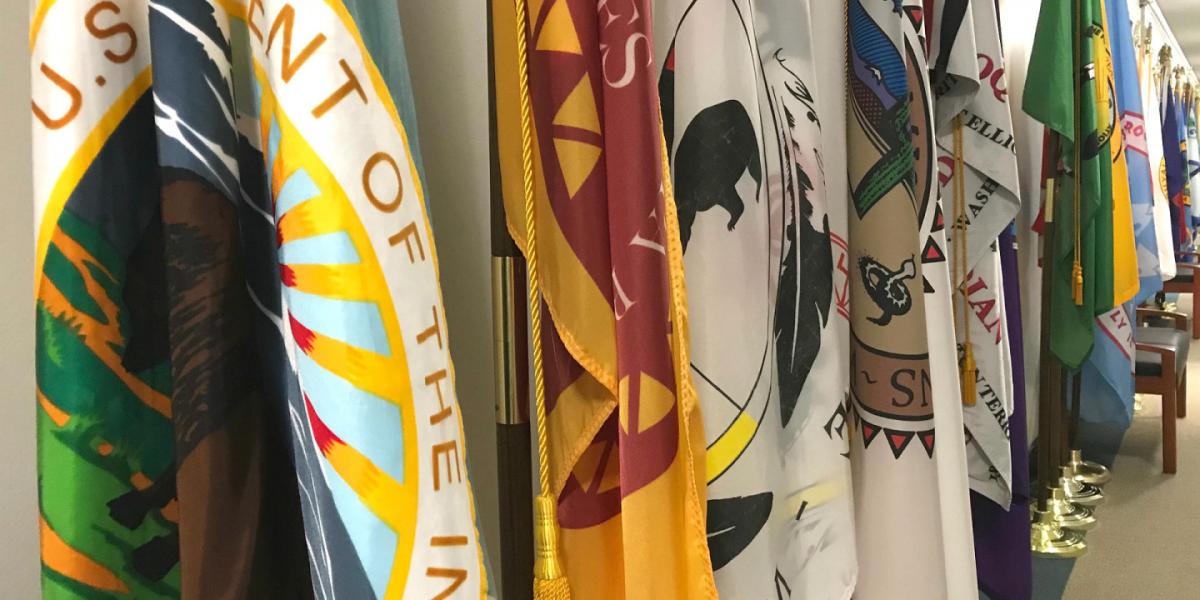
- Details
- By Native News Online Staff
The White House Council on Native American Affairs (WHCNAA) has upgraded the Access to Capital Clearinghouse—a comprehensive, searchable database of federal funding opportunities such as grants, loans, and tax credits available to tribal nations, individuals, and Native-owned businesses. Recent enhancements include the integration of data automation and artificial intelligence to improve user experience and efficiency.
Guided by input from Tribal Leaders, WHCNAA has significantly improved the Clearinghouse’s search and filter capabilities, making it easier for Tribal communities to identify and access a wide range of federal resources. Users can now explore hundreds of funding opportunities more effectively and efficiently.
The Access to Capital Clearinghouse stands as a unique and essential tool for tribal leaders, Native entrepreneurs, and Native-owned businesses. It is the only federal platform that consolidates all tribal-specific funding—across 15 categories—in one centralized location. This initiative reflects a true interagency collaboration, demonstrating effective, streamlined government in support of the federal trust responsibility.
CLICK to get to: Access to Capital Clearinghouse
More Stories Like This
Native News Weekly (August 25, 2024): D.C. BriefsNavajo Nation Mourns the Passing of Former Vice President Rex Lee Jim
Deb Haaland Earns Endorsement From Communications Workers of America Local 7076
University Soccer Standout Leads by Example
Two Native Americans Named to Democratic Congressional Campaign Committee's“Red to Blue” Program
Help us defend tribal sovereignty.
At Native News Online, our mission is rooted in telling the stories that strengthen sovereignty and uplift Indigenous voices — not just at year’s end, but every single day.
Because of your generosity last year, we were able to keep our reporters on the ground in tribal communities, at national gatherings and in the halls of Congress — covering the issues that matter most to Indian Country: sovereignty, culture, education, health and economic opportunity.
That support sustained us through a tough year in 2025. Now, as we look to the year ahead, we need your help right now to ensure warrior journalism remains strong — reporting that defends tribal sovereignty, amplifies Native truth, and holds power accountable.
 The stakes couldn't be higher. Your support keeps Native voices heard, Native stories told and Native sovereignty defended.
The stakes couldn't be higher. Your support keeps Native voices heard, Native stories told and Native sovereignty defended.
Stand with Warrior Journalism today.
Levi Rickert (Potawatomi), Editor & Publisher


